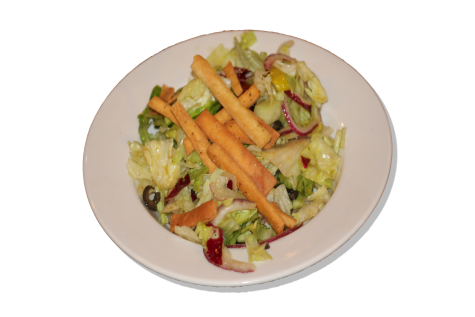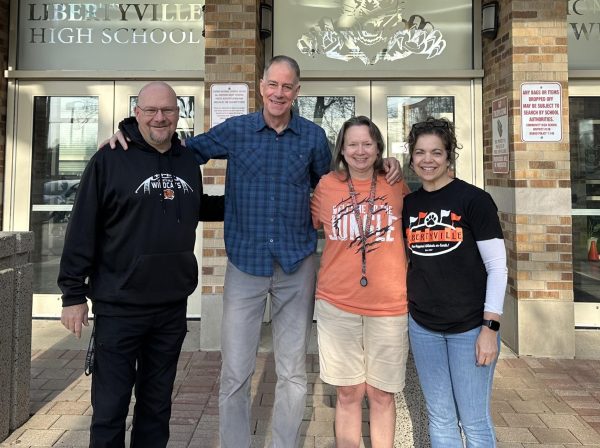Life without Meat
From arguments about the political beliefs of vegans and vegetarians, to whether honey is vegan, to hate over social media, both the vegan and vegetarian diets have been hotly debated in recent years. Despite the criticism, the number of vegetarians has stayed unchanged since 2012 at five percent and vegans have increased from two to three percent according to a Gallup News poll.
Included among those numbers are some LHS students who are vegans or vegetarians due to either personal beliefs or dietary restrictions.
Where vegetarians restrict meat from their diet, vegans don’t eat any animal products. Merriam-Webster defines the vegan diet as “a strict vegetarian who consumes no food (such as meat eggs, or dairy products) that comes from animals”.
Four of the five students interviewed for this story mentioned that one of the reasons they follow a vegan or vegetarian diet is because of their love for animals. According to PETA, People for the Ethical Treatment of Animals, almost 29 million cattle are killed each year to feed the humans of the world. Others will alter their diets due to environmental concerns; this is because, as The Guardian reported, with every 100 grams, which is comparable to the size of a quarter-pound patty, of beef produced, approximately 105 kilograms, which is about 231 pounds, of greenhouse gases, are emitted into the air.
A common counterpoint is that non-meat eaters’ food is usually imported in from a different country, thus creating more pollution due to transportation. But senior Helena Janczak, a vegetarian, believes that “environmentally and economically, [eating meat] doesn’t make sense … because it takes so many resources to grow and produce [meat].”
But senior Helena Janczak, a vegetarian, believes that “environmentally and economically, [eating meat] doesn’t make sense … because it takes so many resources to grow and produce [meat].”
Similar to Janczak, senior Julia Sahagian, a vegan, and sophomore Abby Gourley, a vegetarian, were influenced to stop eating meat because of its environmental impact. Sahagian also commented, over email, that “watching the ‘Food Inc.’ documentary inspired me to go vegan.” That documentary is about the American diet and shows the large-scale processing of meat.
On average, each American eats 222.2 pounds of meat a year, Forbes stated. Given this, for some new vegetarians or vegans, giving up meat is hard. “I have weird dreams sometimes, where I eat meat, and I wake up feeling super guilty,” explained Janczak.
Cole Gebert, a vegan, has a similar outlook on making the switch. The junior stated, via email, that “transitioning is really hard try to become a vegetarian first, but after a month or two, you start to lose cravings…you may recognize that you didn’t really need to eat [animal products] in the first place.”
Some other non-meat eaters also have difficulties eating with friends and family. Gourley emphasized the struggle of finding options that suit her vegetarian and lactose-free diet: “Whenever my friends want to go out to eat, they can get fast food, but I can’t because there’s not a lot of options for vegetarians.”
Senior David Lee frequently gets asked about the difficulty of being vegetarian: “It’s hard … but honestly it’s just of a commitment and you have to [be] a hundred percent into it.”
Gebert also mentioned that his friends make jokes about his diet, but it doesn’t bother him.
Both Lee and Sahagian emphasized the importance of choosing the right diet for your health. “I feel like it should be more of a personal choice, but I think it’s important that people consider it,” Lee stressed.







